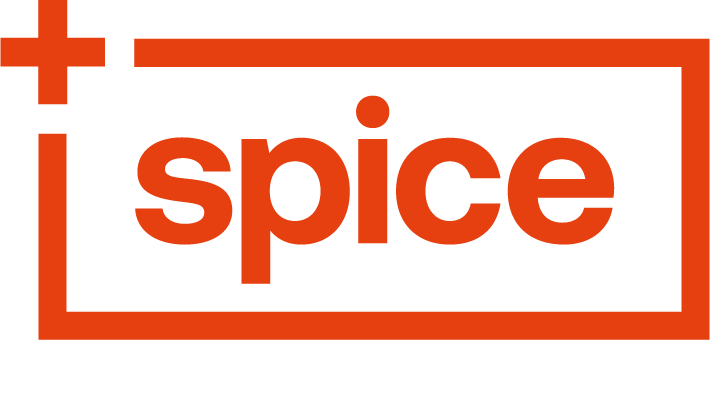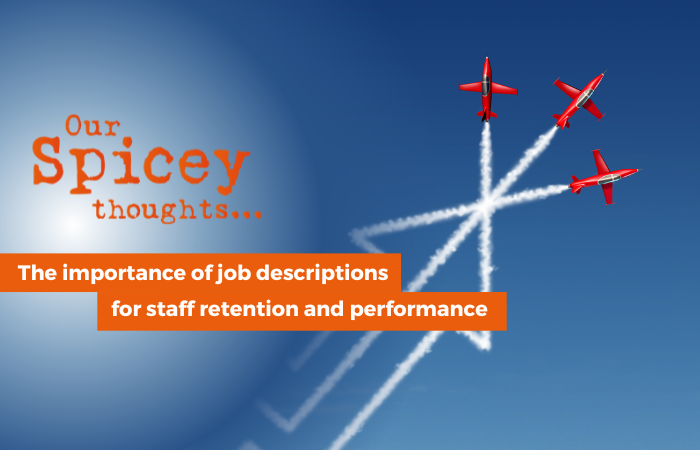
It’s no secret that we are living in a world of developing technology.
And one of the biggest advancements in recent times is automation.
Incredibly helpful for streamlining processes and creating capabilities, automation is a useful tool that can aid with HR functions in your business.
However, it is important to remember that ‘Human’ is right there in the name when you are talking HR!
So, let’s explore what happens when Automation meets human leadership and how you can strike the right balance in your workplace.
When Automation Meets Human Leadership
What Is HR Automation?
HR automation refers to the use of technology and software to streamline and automate various Human Resource processes. This can include tasks such as record management, employee onboarding, performance management, payroll, and other administrative tasks.
There are a variety of HR automation tools available, with the most popular being an HR Information System (HRIS). These tools can help businesses save time and reduce errors by automating routine HR tasks, enabling employees to self-serve certain HR functions, and providing managers with better insights into employee performance and engagement.
Some of the benefits of HR automation include improved efficiency, increased accuracy, reduced administrative burdens, and better compliance with employment laws and regulations. Additionally, by automating certain processes, businesses can free up their HR team to focus on more strategic initiatives, such as employee development and engagement.
How To Use HR Automation
HRIS can help enhance engagement and productivity when it comes to the HR functions in your organisation. An HRIS can offer transparency and real-time data to allow for better feedback and reward and recognition.
Here are some of the benefits of using an HRIS in your business:
Easier onboarding
An HRIS can help to streamline your onboarding process as many of the manual tasks (like paperwork, orientation scheduling and sending welcome emails) can be automated. This can save your HR team time and creates an efficient process where nothing is missed. Onboarding progress can also be tracked, ensuring new team members are always fully onboarded and ready to start work.
By having a central platform that employees, managers and new hires can communicate through, it reduces confusion and ensures everyone is on the same page. Generally an HRIS also integrates with your other HR systems, such as payroll and recruitment platforms, so it makes it easy to have your new team member accurately set up in all the necessary systems and onboarded effectively.
Better training experiences
Even though automation is a big part of an HRIS, you are still able to personalise training programmes within the system, allowing managers to create tailored learning plans for individual team members based on their roles, skills and development needs. This is especially helpful as it means each training module is then relevant and useful to the individual employee, creating a more effective learning experience.
Having an HRIS that your team can log into means training material is easily accessible in one location, and everyone’s progress can be monitored.
Performance reviews
The automation capabilities of an HRIS can streamline your performance review process. Automate the tasks of scheduling review meetings, sending reminders to employees and managers, and collecting feedback from the right people to create an efficient, consistent and standardised review process.
Your system can also help you deep dive into performance data to identify high performing employees and areas of improvement. This helps with remuneration and creating plans for additional training and support where needed. Helpfully, this can also integrate with your payroll system too!
Having the review process standardised allows for timely feedback to be provided.
Staff engagement
You can use an HRIS platform for sharing employee appreciation and recognition. You can also track and monitor employee engagement outside formal review times via pulse surveys.
A wealth of data
Over time, an HRIS becomes a repository of HR documentation and employee history. It means you will always be able to lay your hands on specific HR detail when you need it.
It also allows for quick and easy reporting on HR data, creating the opportunity for analysis and prediction of trends that might influence your people strategy.
This data portal is not only of benefit to HR, it also has self-service elements to ensure leave requests and employee information remain up to date.
Keeps people connected
Workplaces have evolved in the last few years. While we used to all sit side by side in the office, things are quite different now. So, your HRIS can be used as an internal communication hub. This provides a seamless connection for all team members, whether they are in the office, working remotely, or a hybrid of the two.
Considering Human Leadership
Technology is clearly a massive part of our daily functions. But, we can’t rely solely on robots yet! There are simply some things that AI and automation systems cannot do. We still require strong human leadership to complement technological advancements.
Employees still want to be able to connect with their leaders on a human level. They don’t want leaders who are emotionally distant. They need connected, empathetic leaders who value investing in relationships with their team members.
Part of that is creating an environment of positive role models. It’s also about creating a great team vibe and leaders who provide personal and timely feedback on employee performance. Finally, today’s team members don’t simply want to work for managers, they want to collaborate on projects together and work for common business goals.
Leaders may need further training in soft skills to facilitate all of this. This will help them to develop trust and share accountability with their team. Remember that “Human Leadership” prioritises employee wellbeing and corporate culture. There is no longer a cookie-cutter approach to managing humans.
Balancing Humans And Automation
Creating the perfect working environment is about balance. You want to incorporate the benefits of automation that an HRIS offers, but ensure that your team is still backed by strong human leadership.
Need some help striking that balance?
Then the Spice Gals are here to help you do it. Have a chat with our team today!












